There are several ways to protect yourself from fraudulent roofing contractors. First, always be wary of “storm chasers,” or contractors who go to areas after significant storms to get homeowners to file insurance claims. While this can be tempting, it can also be dangerous and illegal.

Roofing insurance scams
Regarding a roof replacement, some scams can cause you to lose money. Roofing insurance scams often involve the homeowner paying their deductible first, which leaves them with an unnecessary claim on their insurance policy. Fortunately, there are some things you can do to protect yourself from being a victim of one of these scams.
First, only file an insurance claim if you have the necessary documentation. You should never sign insurance checks out to anyone outside your family. If you do, you’re just giving the scammer a chance to take advantage of you. Some crooks try to pose as legitimate contractors and scam homeowners. The best way to avoid falling victim to a scam is to learn as much as possible about the company. If you’re unsure, look up the company online to ensure it’s reputable.
Avoid scammers who knock on your door with false promises and offer you a “no-out-of-pocket” repair. Often, these crooks will pretend to repair your roof but won’t finish the job. They will then convince you to hand over your first insurance check to cover materials. Once you agree, they will keep your money and never finish the job.
Roofing insurance scams & fraud can cost you thousands of dollars. You should always ensure the roofer you hire has a license and insurance. Otherwise, you may end up with a roof that isn’t repaired or is in better condition than you thought. You should also contact your insurance company to ensure they don’t charge you more than you’re entitled to.
Roofing insurance scams come in many forms. Some pose as legitimate roofing contractors and entice you to sign a contract quickly and pay a large deposit. However, they will never deliver what they promised and may even ask for more money halfway through the project. Additionally, they may also do extra damage to your roof.
Fraudulent roofers can also deceive you by promising a rebate or other incentive. Some may even guarantee to get your insurance claim’s approval before you sign a contract. Moreover, some will demand that you pay their entire invoice upfront. You should never sign an Assignment of Benefits (AOB) contract, which gives them complete control over the money you are entitled to receive from your insurance claim. Lastly, do not ever let a roofing contractor waive your deductible.

Roofing insurance deductibles
If you’re looking to protect yourself against fraudulent roofing insurance companies, it’s essential to understand roofing insurance deductibles. The deductibles are not the same for every company. For example, a roofing company may tell you the deductible is higher than they charge for a job and then pocket the difference. Or a roofing contractor may offer to pay the deductible on your behalf and then do shoddy work or reuse old flashing, leaving you with a leaky roof. It’s always best to refuse to work with a roofer who won’t pay their deductible. You can also seek a loan from a third party if needed.
A contractor can also get around the deductible by submitting two invoices for the same job. This is known as “double billing,” and it’s illegal. Similarly, a contractor may offer to waive the insurance deductible, offering to refund you the difference after you’ve paid the insurance deductible. While this may seem like a good idea, it can be a sign of dishonesty.
Roofing insurance deductibles are a necessary part of the insurance process. In the event of a claim, a homeowner would need to show proof of payment of the deductible, which could be a canceled check, money order, or credit card statement. This will protect you against roofing insurance scams and fraud. In addition, it won’t put extra money in the insurance company’s pockets. Insurance companies will always try to find a way to cut deductibles out of their claim payments.
A roofing insurance scam occurs when a homeowner fraudulently claims a roof not covered by their policy. If a homeowner is not covered for the roof, the insurance company can deny the claim and charge them with insurance fraud. This practice has become so widespread that many ethical roofing companies have stopped offering this type of assistance to homeowners.
Despite the new law, insurance fraud can still happen. Be wary of roofing companies that do not follow the law and charge a higher deductible than they deserve. You will end up paying more in the end. And if you fail to pay your deductible, the insurance company could even charge you with a misdemeanor crime of insurance fraud. Choose a reputable roofing company with a federal tax identification number and a physical address to avoid falling victim to insurance fraud.

Roofing insurance down payments
You should know about roofing insurance scams if you have a new roof. Storm chasers and roofing insurance fraud artists prey on unwitting homeowners. These scammers often promise a free roof or low down payments and disappear after work completion. These scammers often target senior citizens and people without a mortgage.
Roofing insurance scams often start with a phony-free inspection. The fraudster supposedly noticed some damage and offered to fix it for free. Once the homeowner pays the down payment, the scammer may disappear, or they will upcharge the customer later when they find out more damage.
Scams can cost thousands of dollars. Some scammers will claim your roof has damage and then demand money upfront without actually doing any work. Then, they may need more time to complete the work. Another scam involves a contractor eager to receive money from your insurance company. Roofing insurance scams also include contractors who promise to use
high-quality materials and switch to low-quality materials.
Always be in communication with your insurance company. Only sign the paperwork after first speaking to your insurance agent. One of the giant red flags in roofing insurance scams is an “Assignment of benefits.” This document gives the roofer full power over your home and property insurance, including making repair decisions and collecting insurance payments.
Scammers will say nearly anything to get you to sign a contract. They may also lie about the amount of damage or even intentionally damage your roof. They may even promise to process an insurance claim before finishing the work. Dishonest contractors will also require full payment upfront and never complete the job.
Roofs are among the most expensive components of a home, and they need to be repaired or replaced. This significant investment can significantly affect your home’s resale value. You must have extensive roofing knowledge to have a good roof and money.
Roofing insurance assignment of benefits
While assigning benefits in insurance policies is a good idea in some situations, it can also be a scam. Be wary of this practice and check with your insurance agent before signing any contracts. In addition, you should never sign a contract that contains an Assignment of Benefits clause.
Many homeowners have been scammed by assigning benefits to roofing contractors. These companies often claim they are the only ones with authorizations to work with insurance companies, and in return, they pocket the proceeds of their claim and never show up to complete repairs. Another scam involves roofing contractors who offer to work on parts of the home that don’t need repair. They may even get you to sign the contract on the spot.
One scam involves a roofing company offering to work on homeowners’ roofs for free. The scammer claims that the roof needs replacement because of hail damage. To finish this work, the contractor offers to replace the roof for free. But in most cases, the homeowner’s roof has no damage due to a storm. Roofing companies are attempting to obtain homeowners’ Assignment of Benefits (AOB) form to bill the insurance company for nonexistent damages.
While insurance companies typically pay contractors directly, the assignment of benefits can cause significant problems for policyholders. As a result of fraudulent practices, AOB contracts can raise your insurance premiums. However, recent legislation aimed at regulating AOB practices is helping to lower costs in the long run. While most AOB agreements allow the contractor to collect fees directly from the homeowner, these arrangements also allow the vendor to place a lien on your property to collect fees from the policyholder.
Be wary of third-party vendors claiming to be able to handle insurance claims. These companies can easily falsify the claim, making it more prominent and expensive. Furthermore, these third-party vendors can sue your insurance company without your consent. As a result, you lose control over your insurance claim and repair process.



